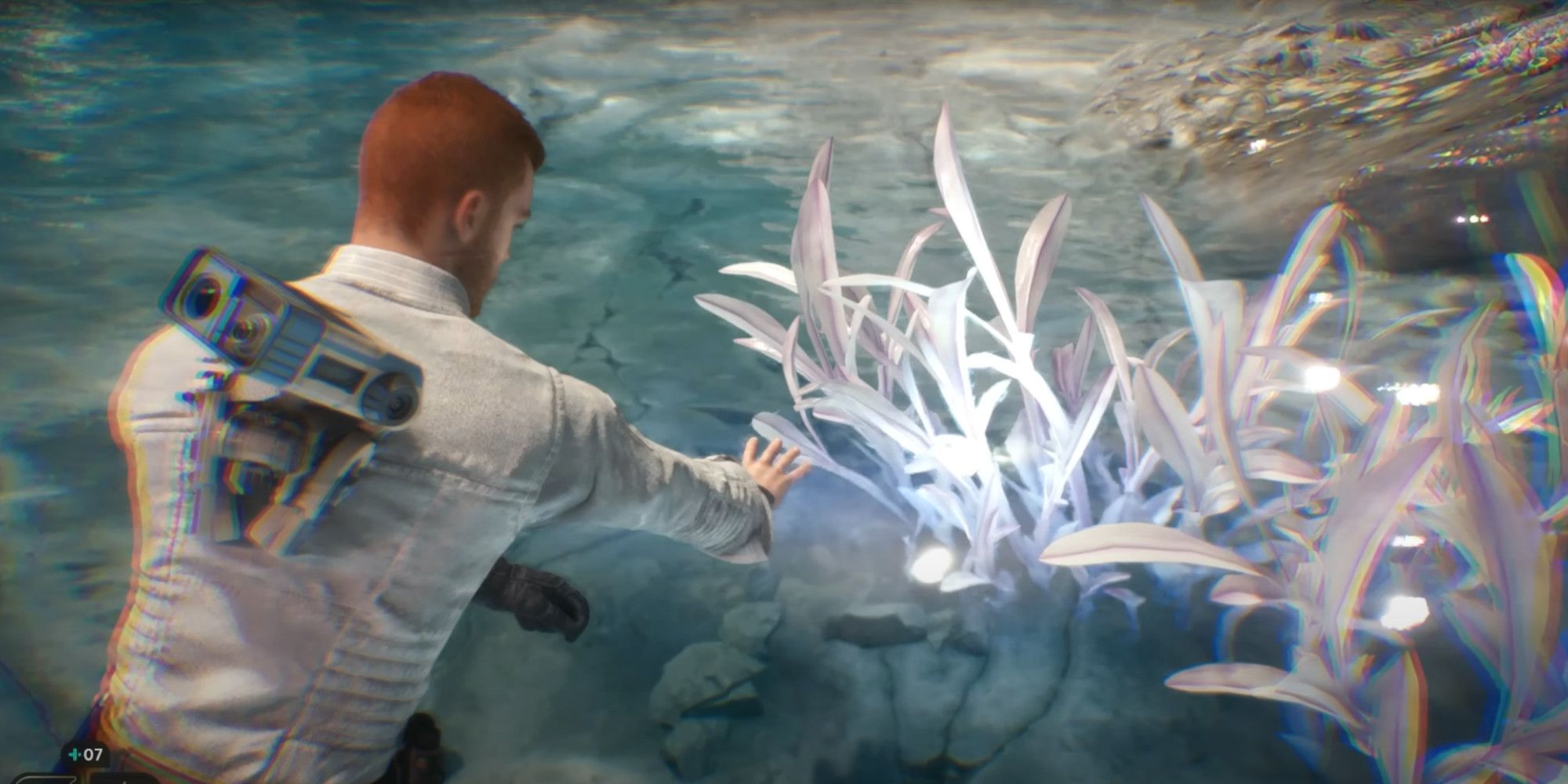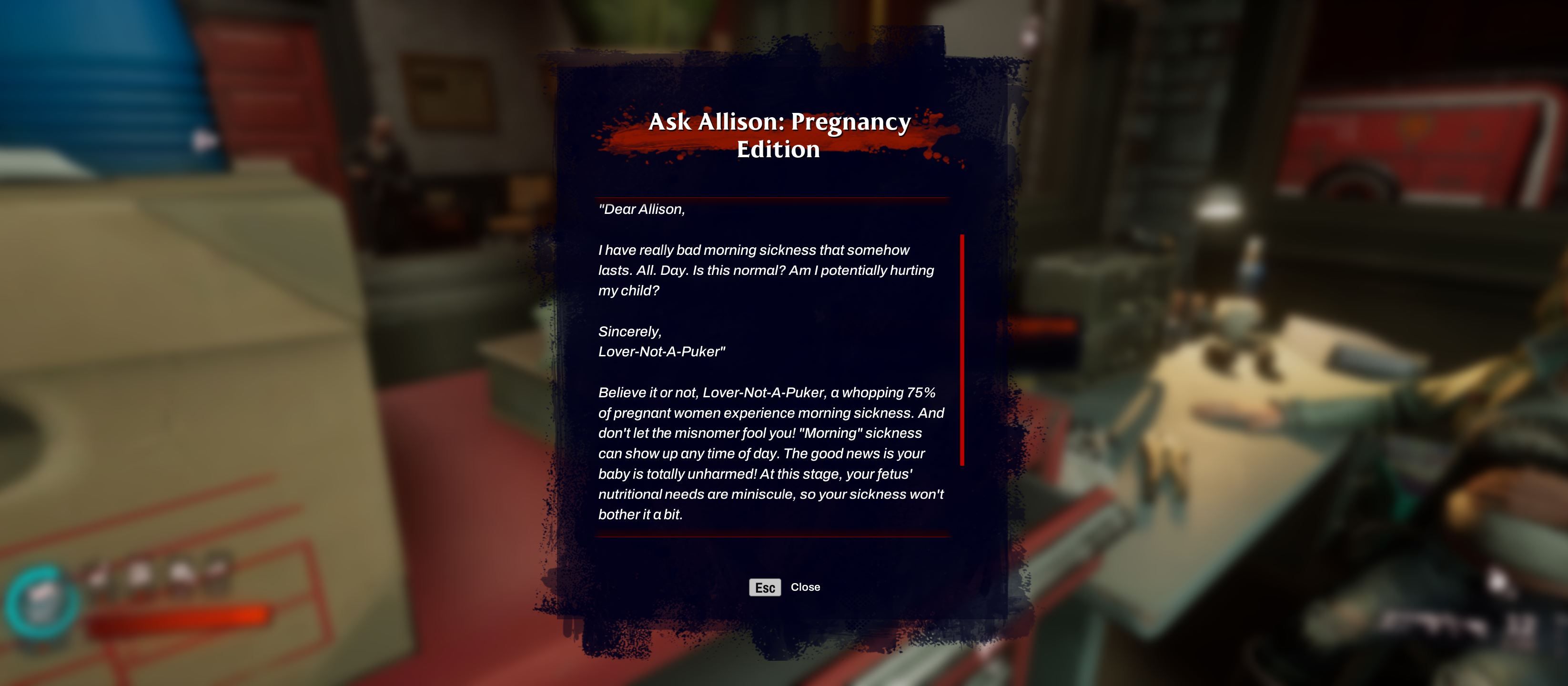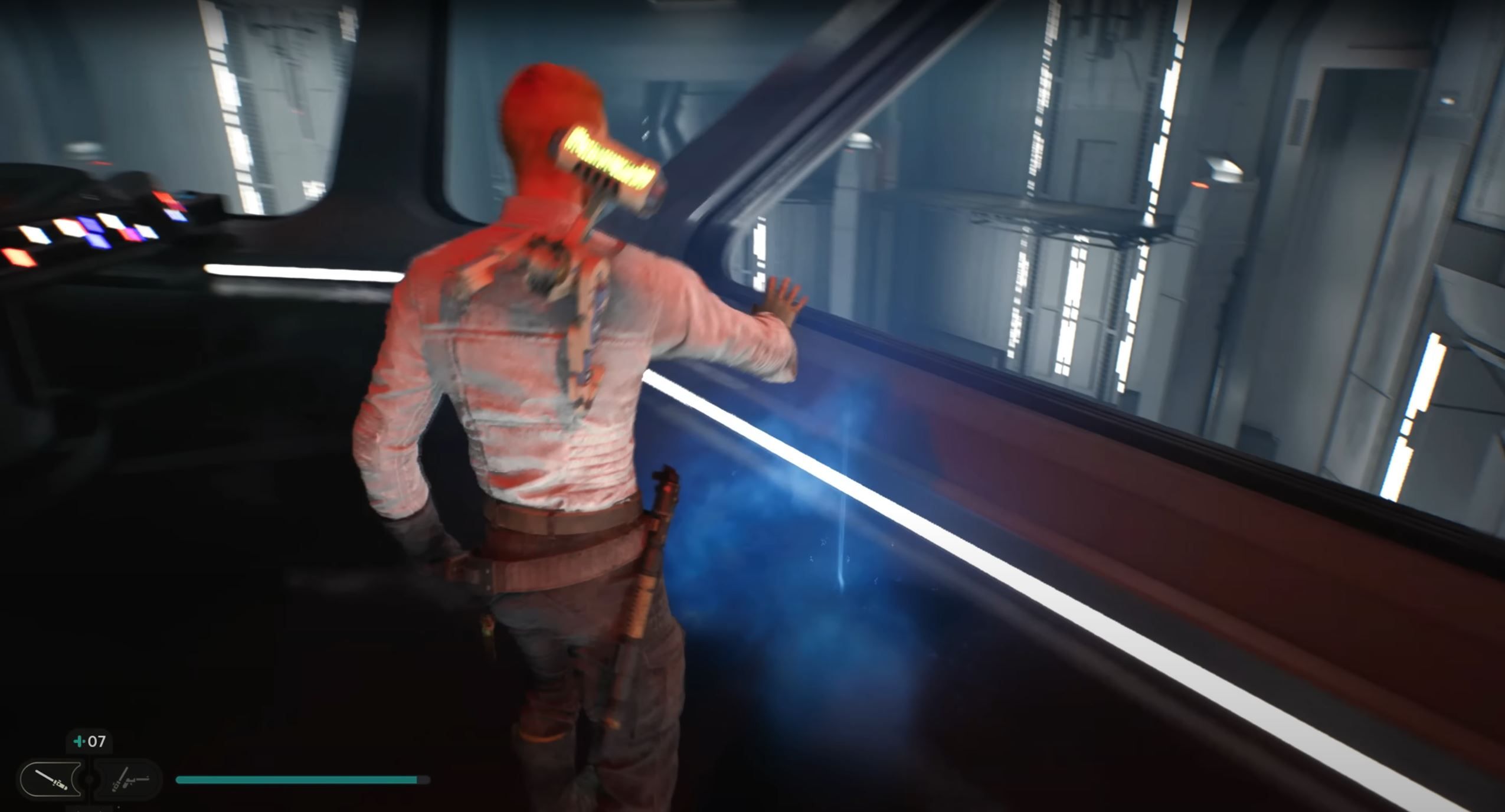I have a lot of mixed feelings about lore drops in video games. On the one hand, filling games with optional codexes, diaries, and audio logs is a great way to build a world without making players feel bogged down with reading assignments they may or may not be interested in. In her piece, Thank You, Games Writers, For All The Stuff I Don't Read, TheGamer Editor-in-Chief Stacey Henley wrote about how important is it for developers to spend time adding depth to the world expanding their story through collectibles even if most people won’t read them, and I fully agree.
Lore drops help make games feel more alive and immersive, they can help players who want to dive deeper get more out of their experience, and they can offer a rewarding experience for those who pay close attention to details. Even people who never stop to read a journal, comb through someone's emails, or listen to an audio file will still tell you that they’re glad those things are there for the people that like them.
My problem is that I am exactly the person that likes that kind of thing, and yet I still don’t read them most of the time. I’m a huge lore junkie when it comes to games. I like to read tie-in novels and prequels to games, and I fall asleep listening to MyNameIsByf and Nobbel87 explaining Destiny and Warcraft lore. I even think writing bits of lore for people to find would be a fun and fulfilling job for me someday. I’m one of those people who really enjoy taking my time with games to soak it all in, but if I’m being completely honest, I hardly ever sit there and read the stuff when I find it.
There’s a problem with the standard way lore drops are delivered. Redfall is the most recent game to feature the typical approach to lore, and it’s easy to see why it doesn’t work. Thousands of lore documents are scattered across every corner of Redfall’s map. Every house you enter or cave you stumble into will have three or four notes you can pick up and read. I looked at a lot of them - at least at first - and found quite a few that were funny, charming, or added some insight into the world around me. My favorites were the ones that told the stories of the people that used to live in these spaces, like the cell phone you can find that contains texts between two sisters deciding how to kill their step-father. When you head upstairs you can see the bloody stain where the deed was done. Those kinds of short, informative texts make the world more fun to explore.
That kind of thing is good here and there, but Redfall stops you in your tracks every five seconds to read another lore drop. For every bit of clever environmental storytelling moments Redfall offers, there’s a dozen more examples of lengthy prose that only add a light dash of color to the world. Grocery lists and descriptions of bird calls litter the town from end to end, and while there’s plenty of lovely and poetic things to read, the total effect of all these readables is the obliteration of any sense of momentum the game could have had.
Most lore drop-filled games operate this way, and they have for a long time. Every readable item you find is asking you to stop playing the game and engage with a totally different form of media. The more lore there is to read, the more interruptions there are to the gameplay. Stopping to read the lore will fundamentally alter what kind of gameplay experience you’re having, which is why most people automatically opt out. The way games like Redfall implement lore drop forces you to choose whether you want to explore the world to its absolute fullest, or play a fluid, engaging video game, and whichever one you choose it will have a detrimental impact on the other.
Games have implemented lore drops the same way for so long that it’s easy to take for granted that this is just the way it works. We acknowledge that there’s a lot of writers doing a ton of work that almost everyone will ignore, but it doesn’t seem like anyone is making an effort to fix that problem, or even recognize that it’s a problem at all. This area still has a lot of room for improvement though, and Star Wars Jedi: Survivor is a great example of how lore drop might evolve.
In Jedi: Survivor, lore drops take the form of memories that Cal can sense. Force echoes sometimes have a visual component that lets you watch the ‘memories’ of characters act out scenes, similar to the hologram recordings in the Horizon games. But the majority of the time when you sense a memory, all you’ll get is a couple of short voice lines and an invitation to read a new log in the codex.
There’s a genius here that even Jedi: Survivor doesn’t fully realize. The audio portion is only a few seconds long, so players never feel like they have to stand around listening to a full conversation, but they’re often so mysterious and intriguing that I found myself rushing to open the codex just to figure out who the characters were and what they were talking about. Instead of just opening up a huge page full of paragraphs, Survivor creates breadcrumbs for the text files that encourage you to investigate further. You hear a little, you become interested, and you want to read more.
Survivor doesn’t go as far with memories as I would have liked. You’ll often find a string of memories that tell a somewhat complete story by breaking up a conversation into multiple parts and scattering them around an area, and then the text portion of these memories merely adds a bit of expositional context to the thing you just heard, without getting very deep into the characters or the details. There’s a seed of something here that I hope other developers notice and iterate upon.
I don’t know how many times I’ve opened a lore document, spotted a wall of text, and immediately closed it, even as someone who loves deep lore. The beauty of Jedi: Survivor’s approach is how quickly it hooks you into the lore drop and makes you want to read more. It’s a lot to ask players to put away their guns and pick up a dirty old note on the floor to read about something disconnected from their own journey, but when you connect the note to something the player already knows or wants to know more about, you give them a motivation to explore the places in your world that most people ignore.



